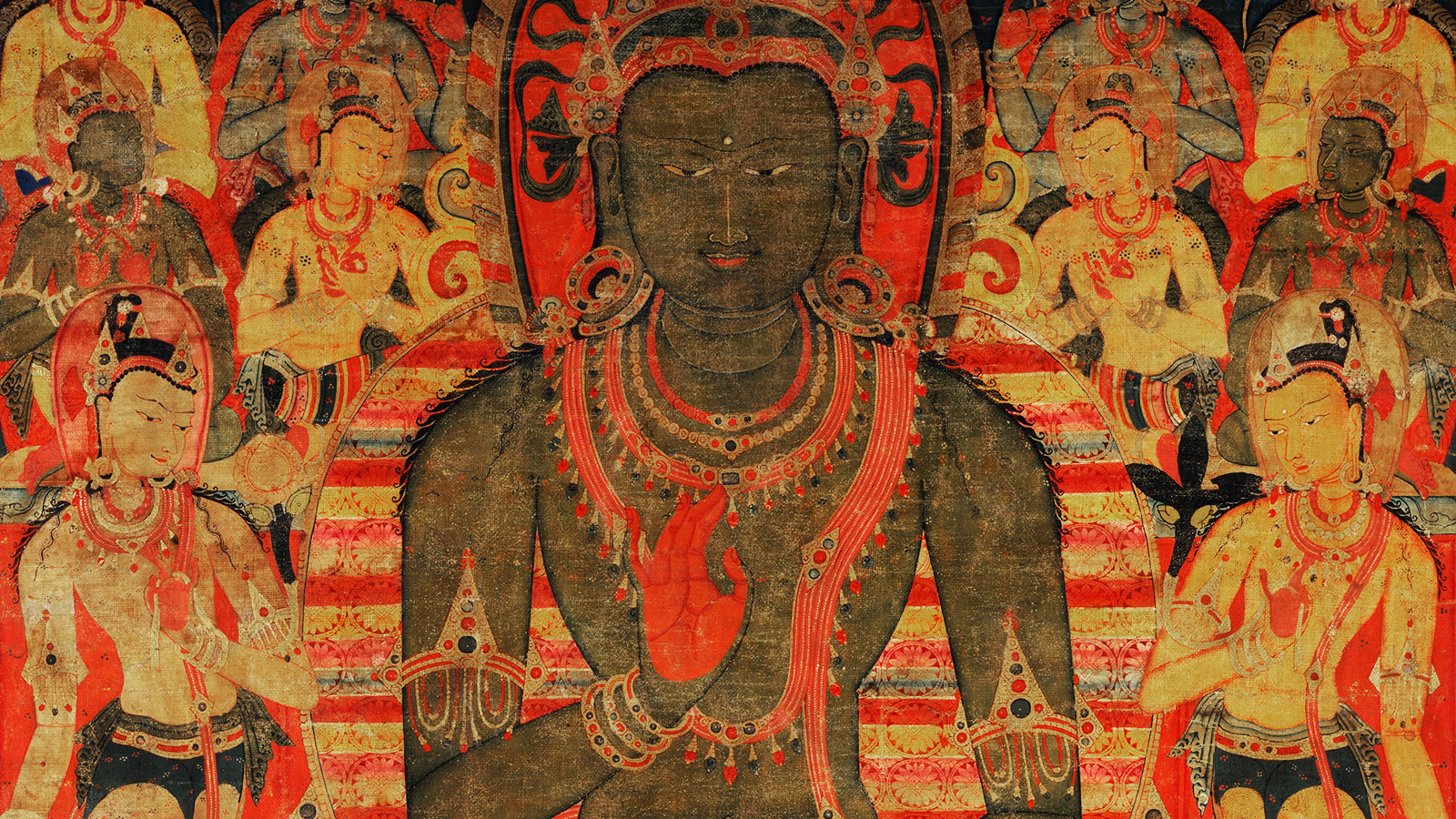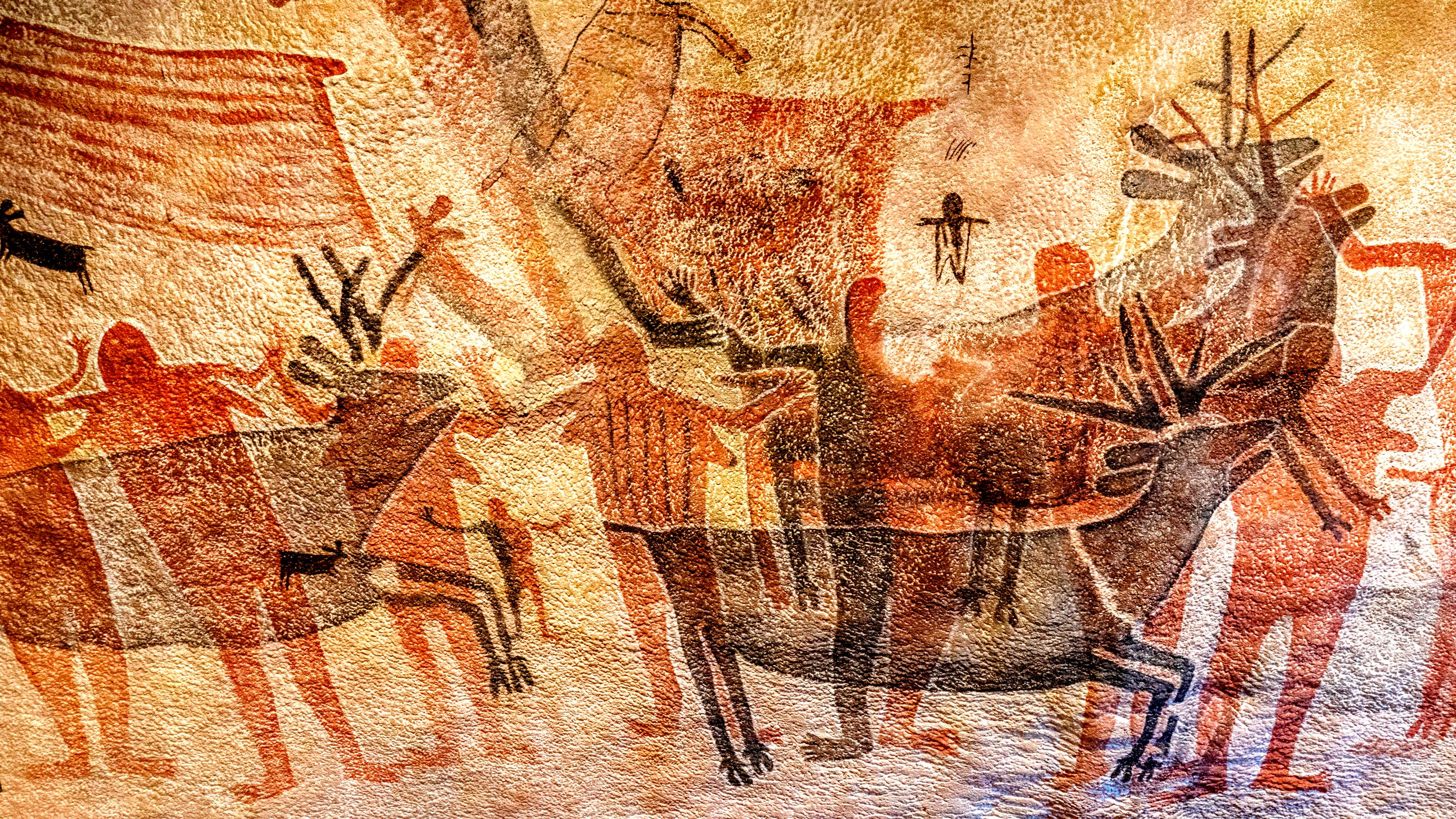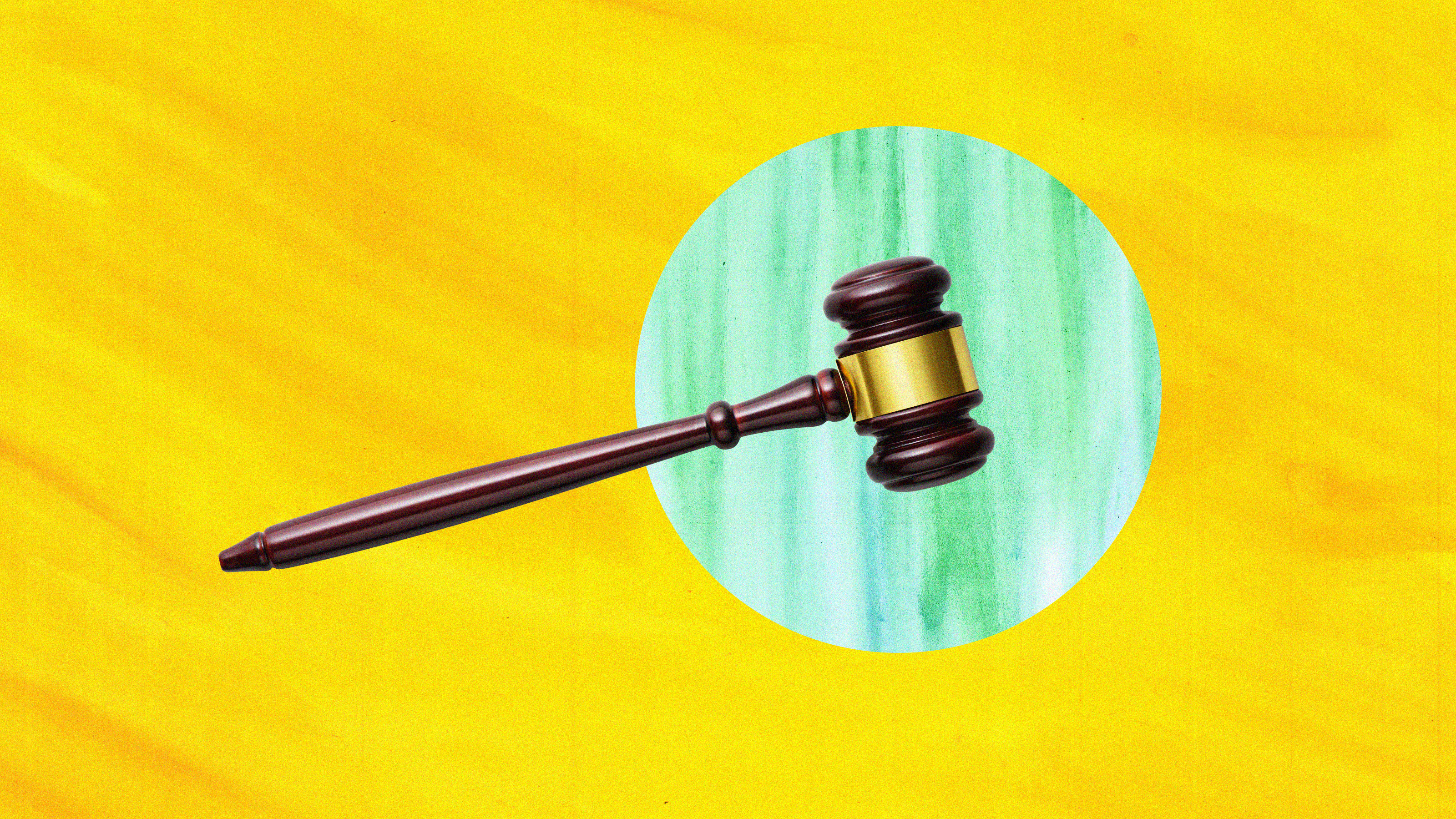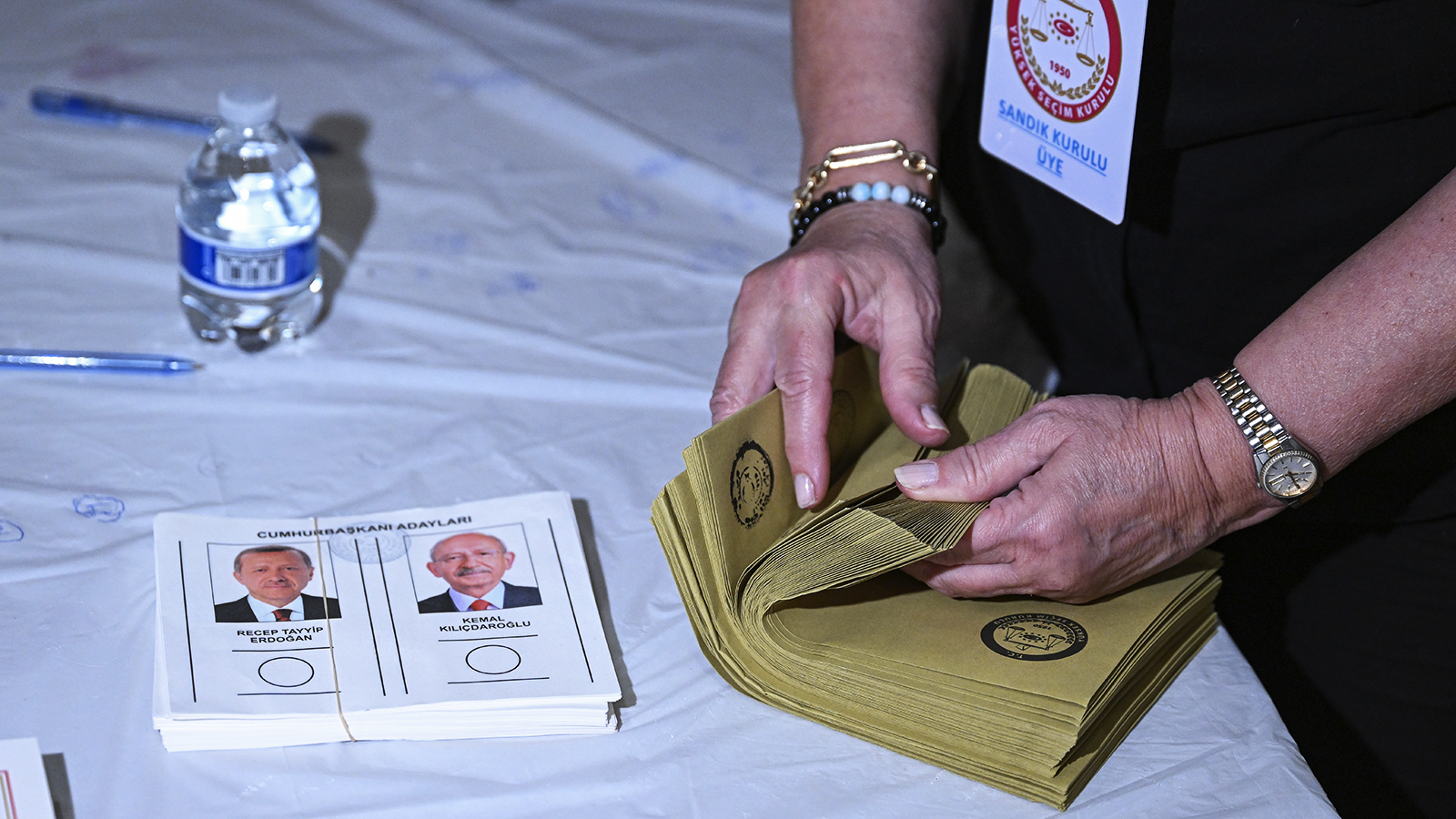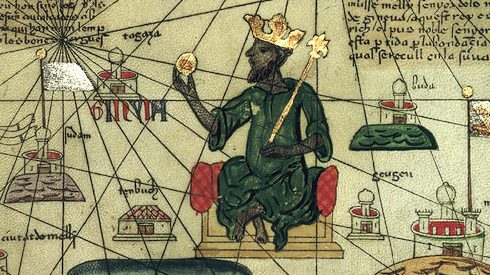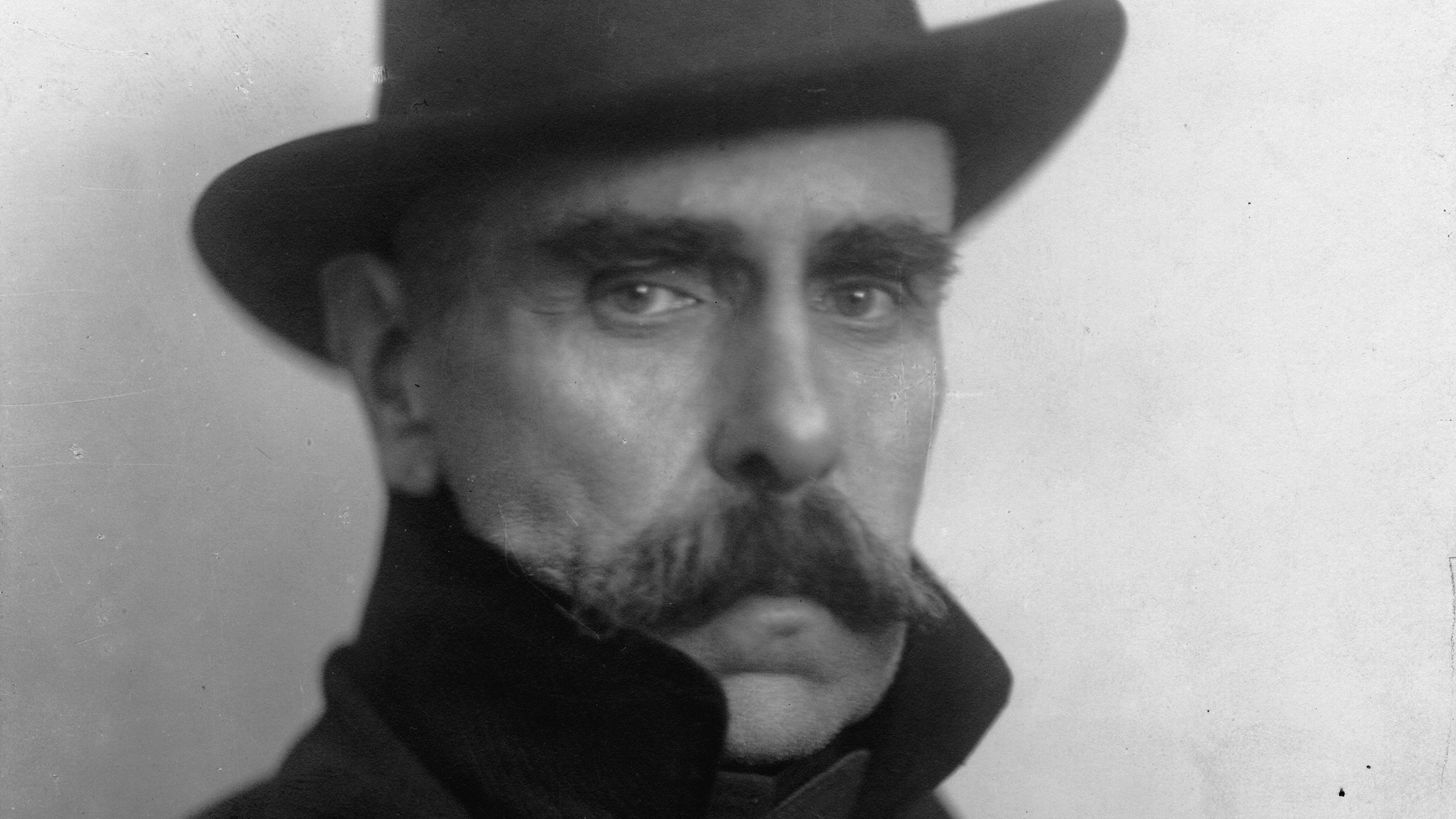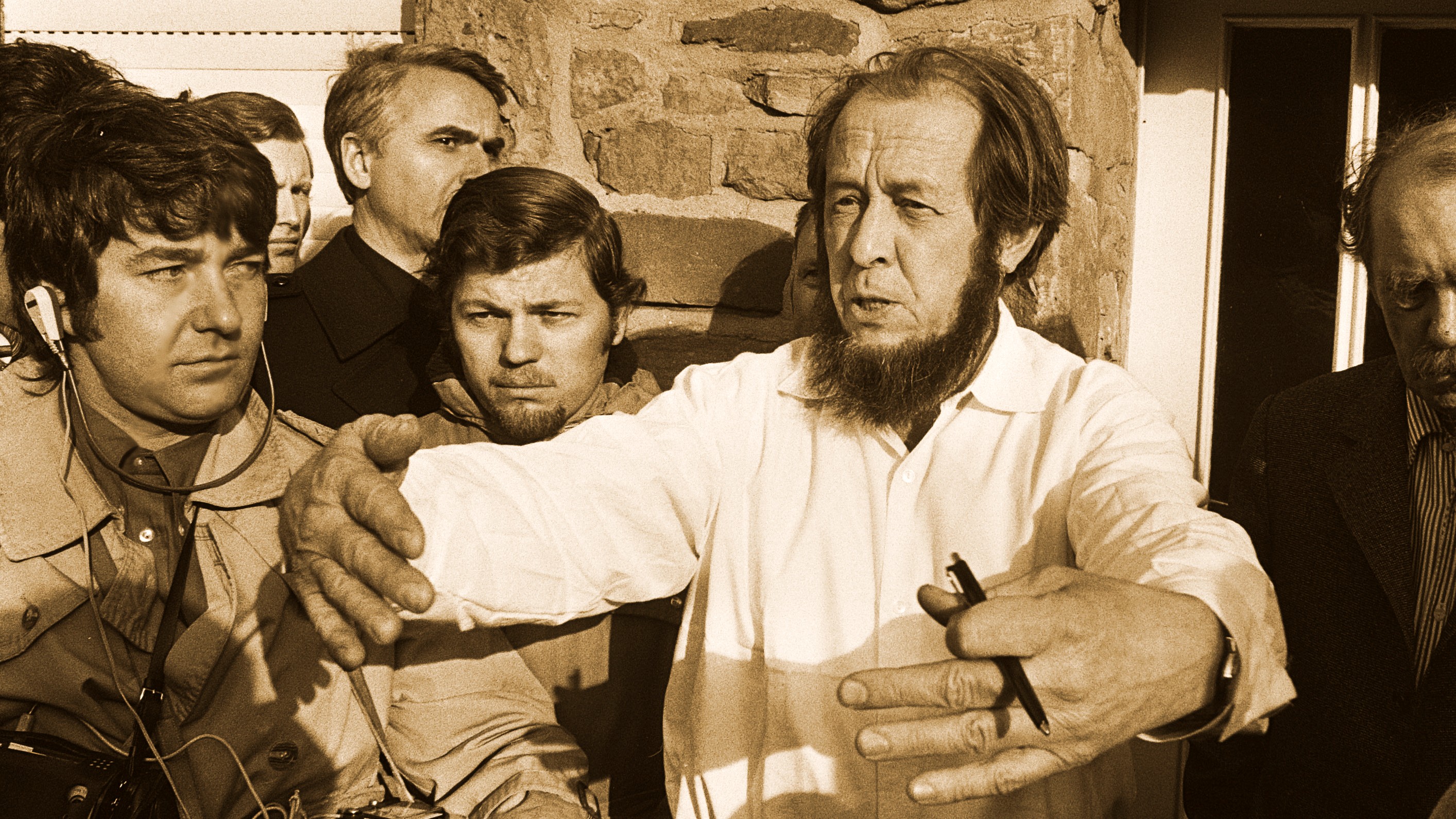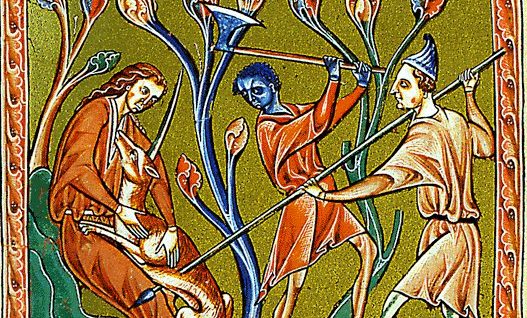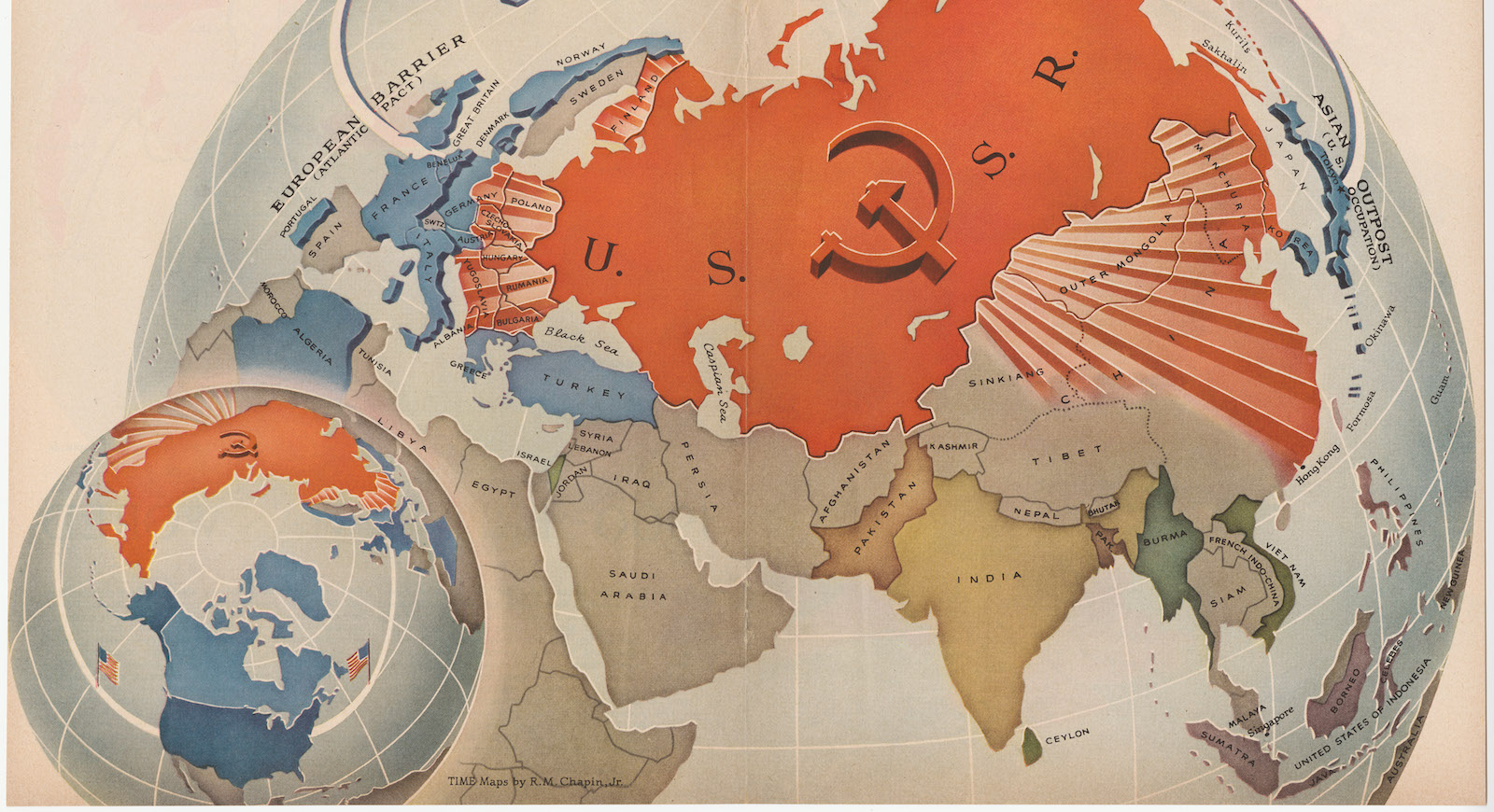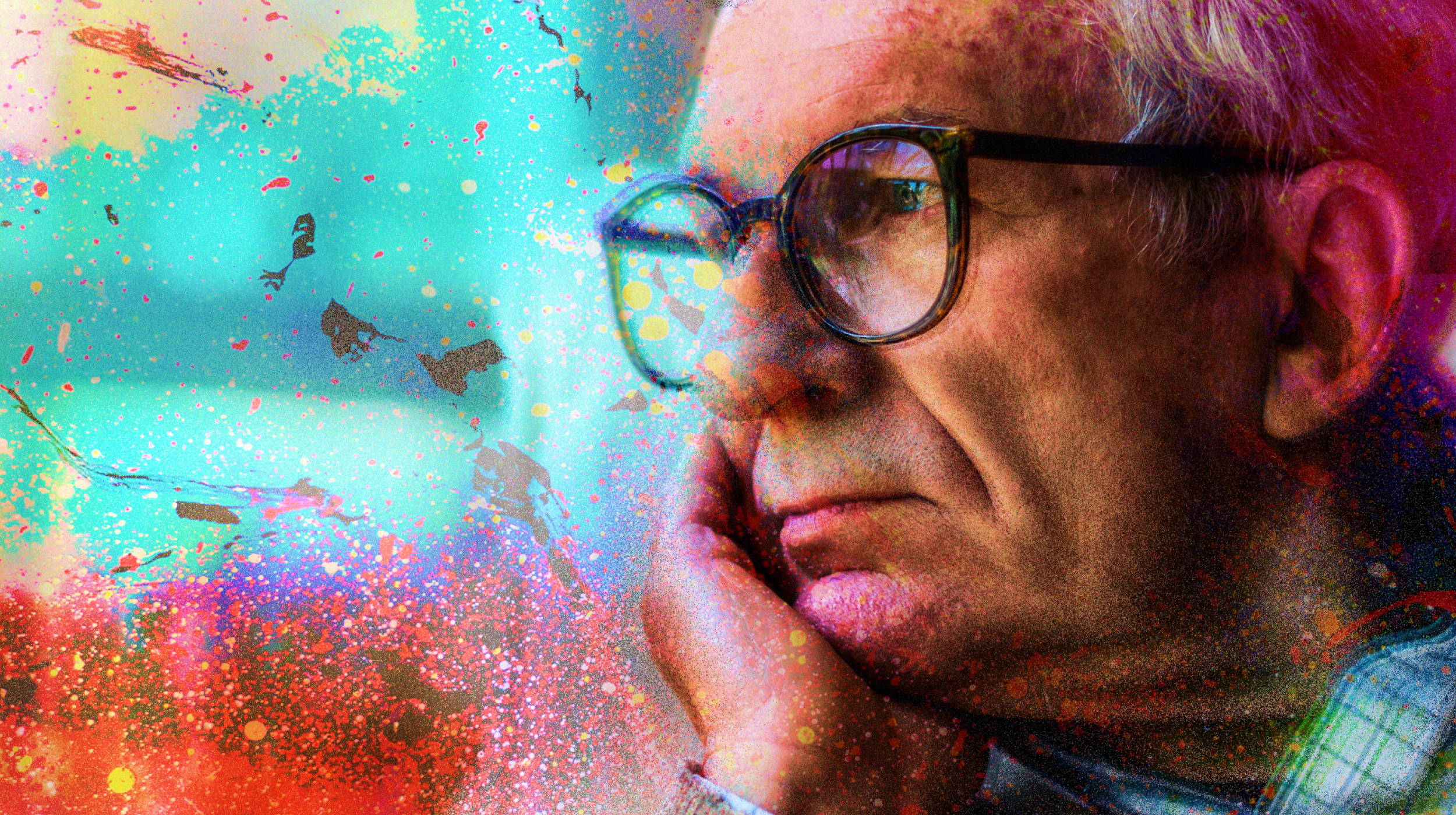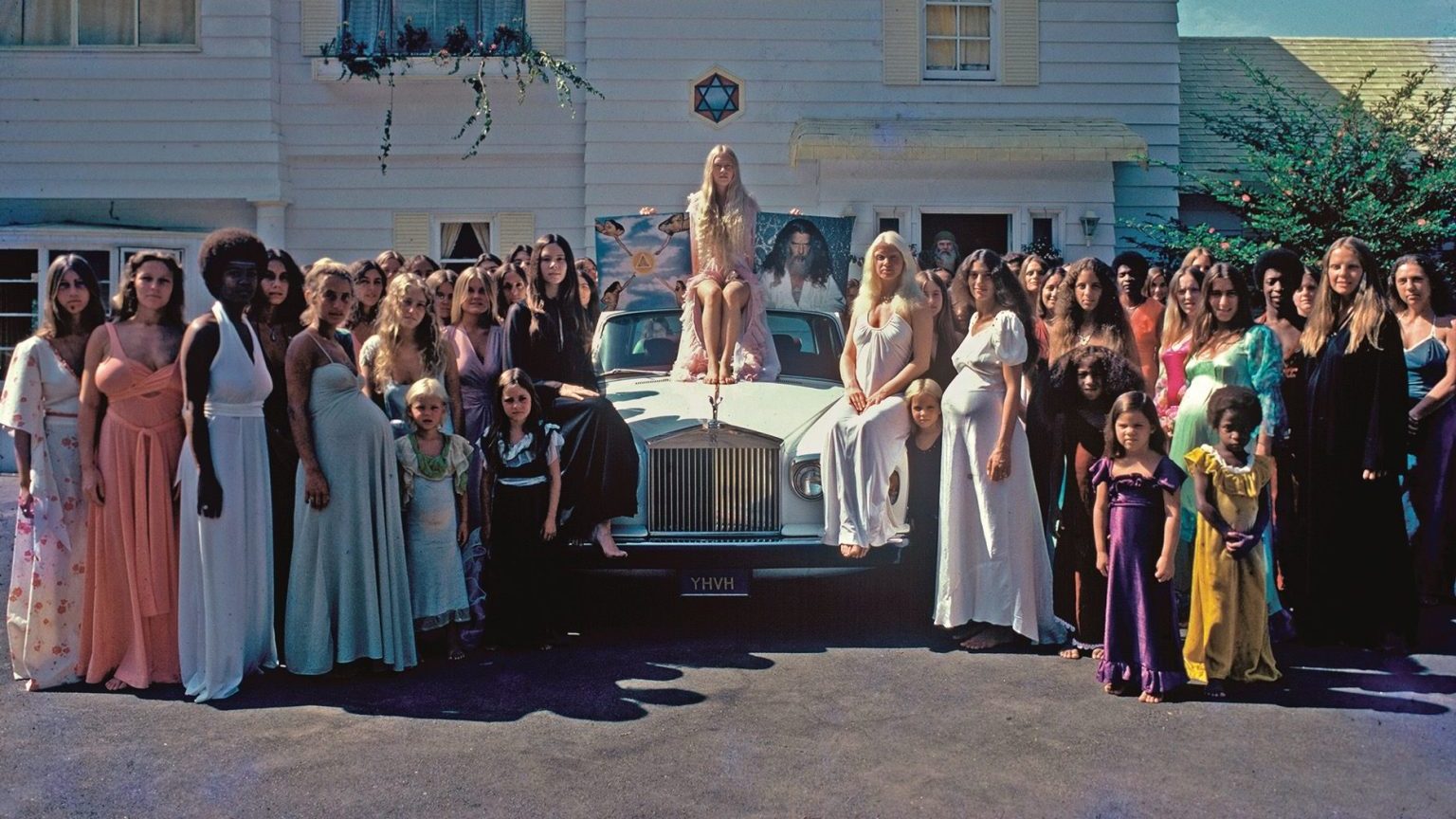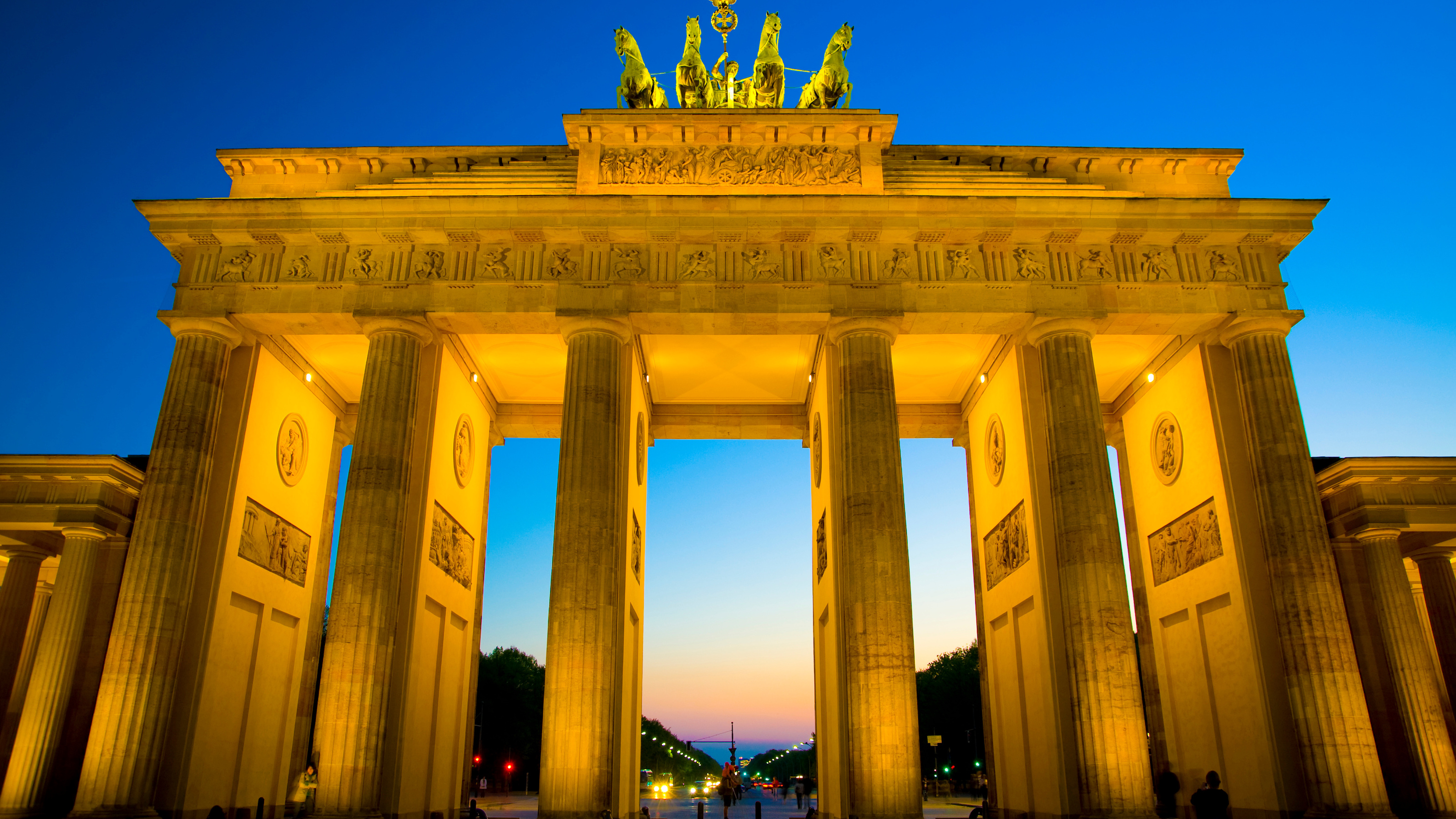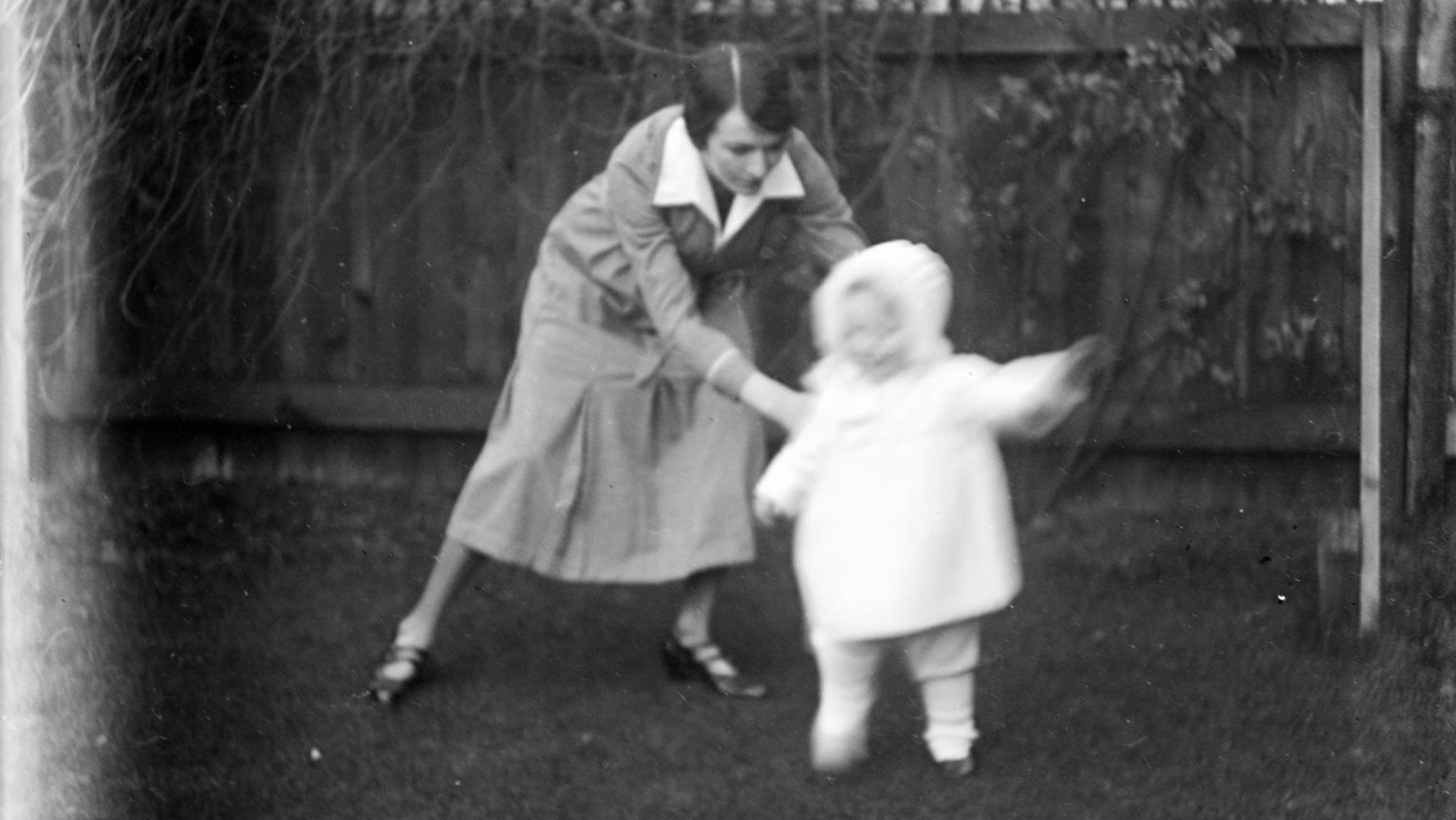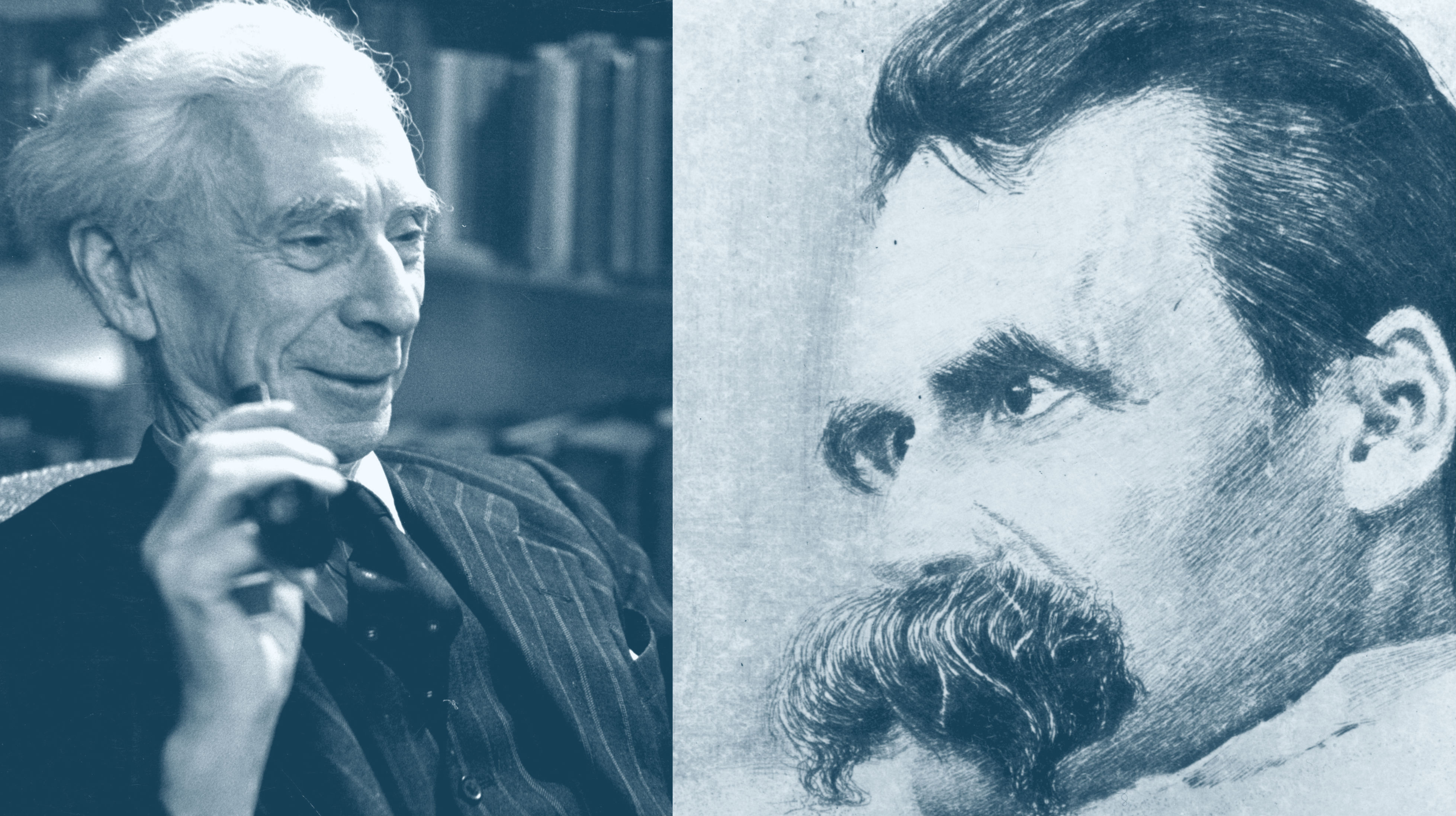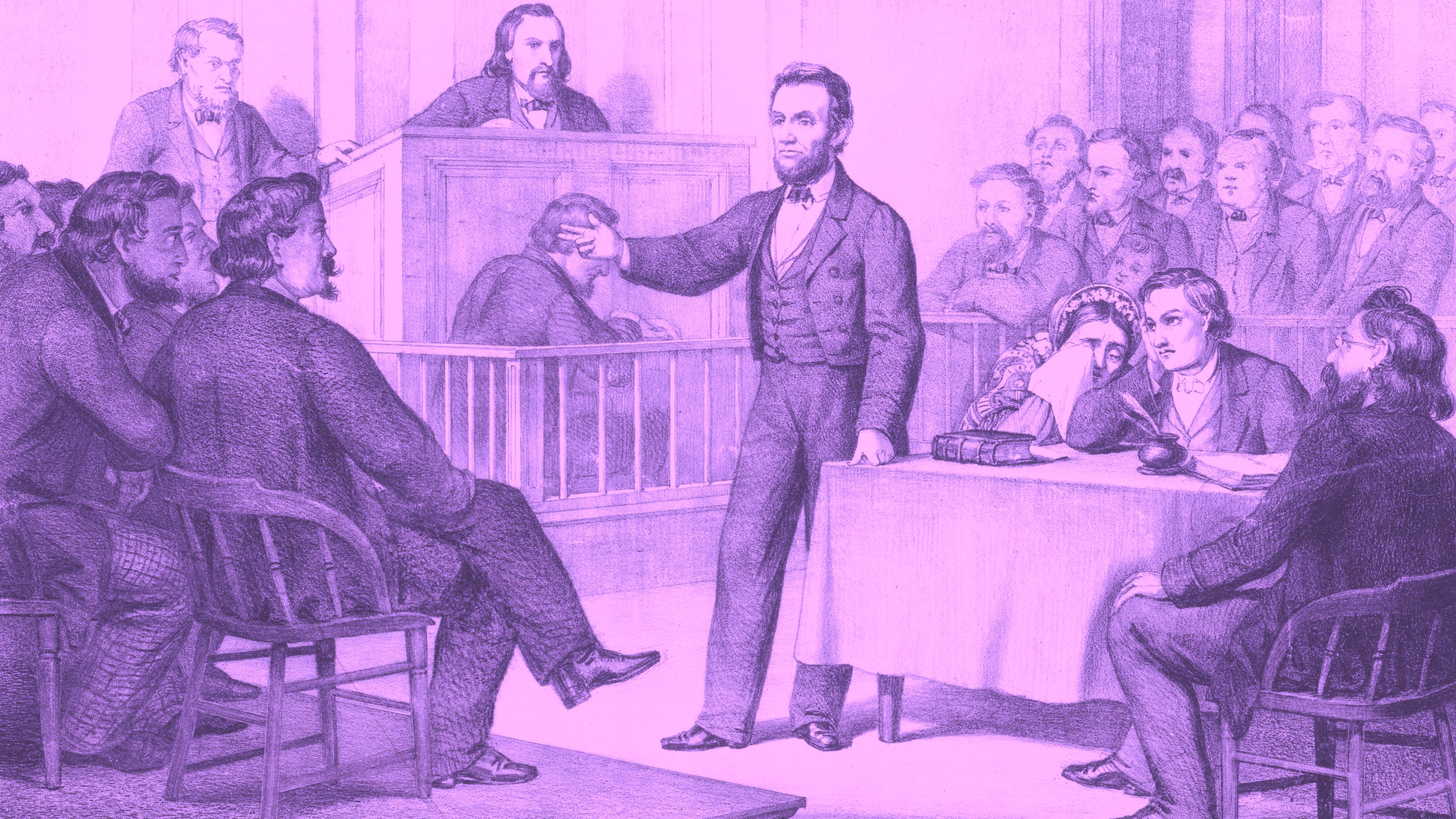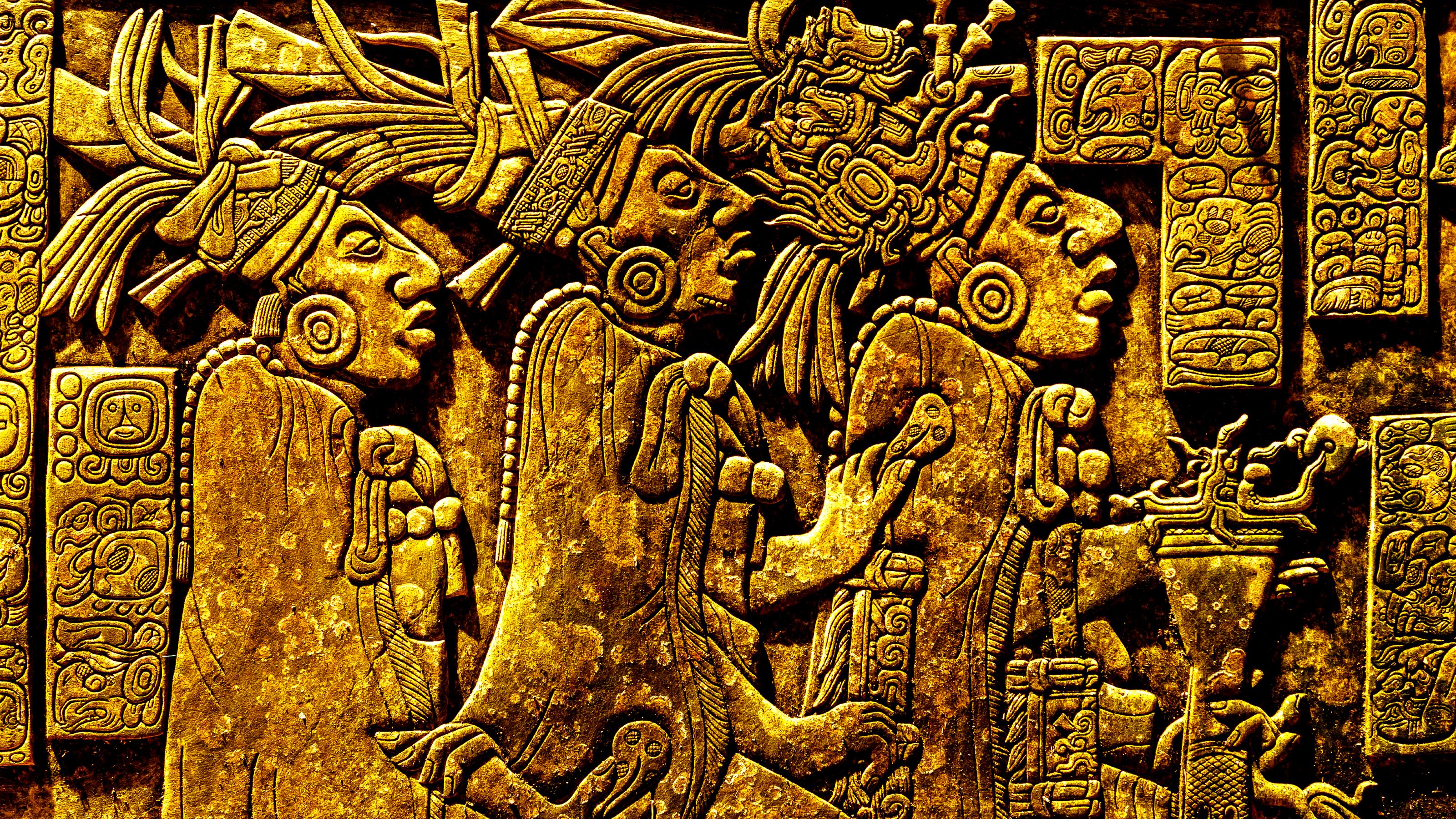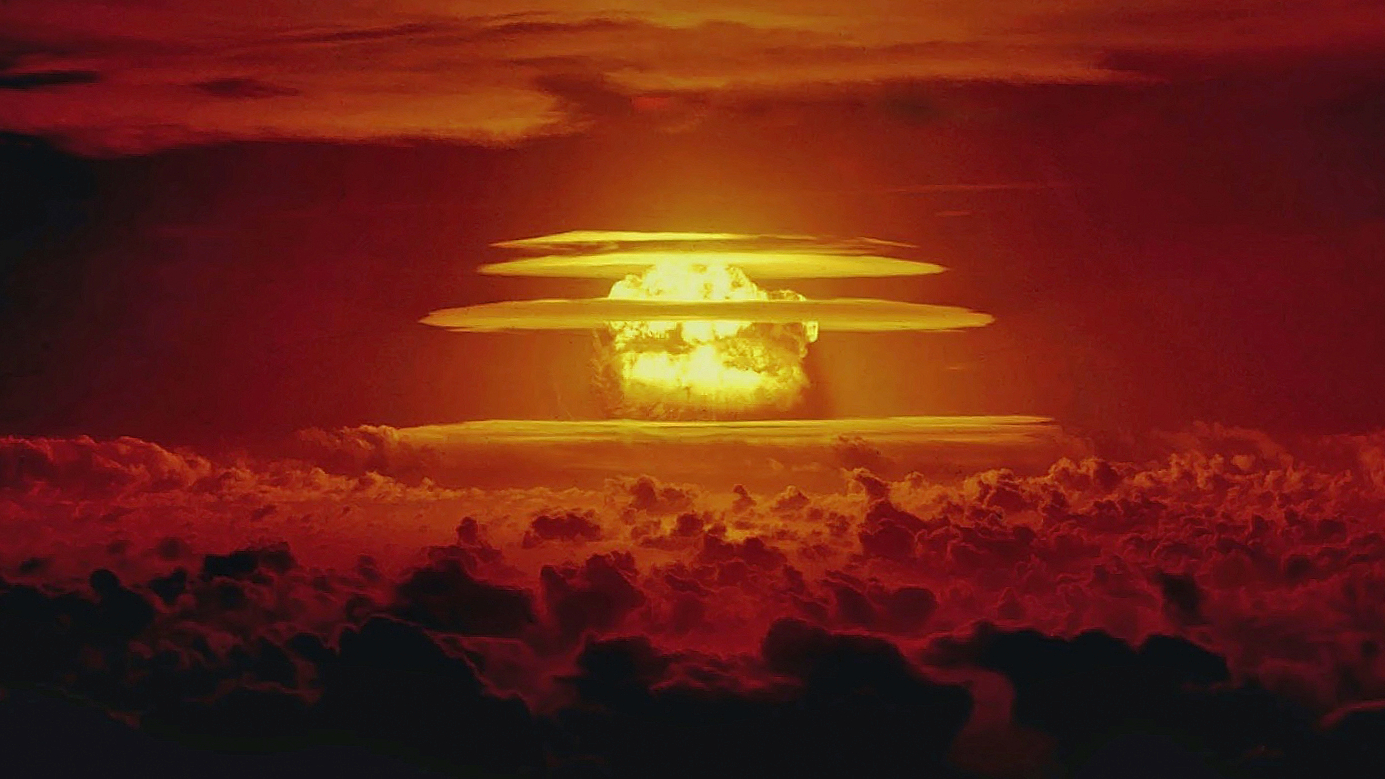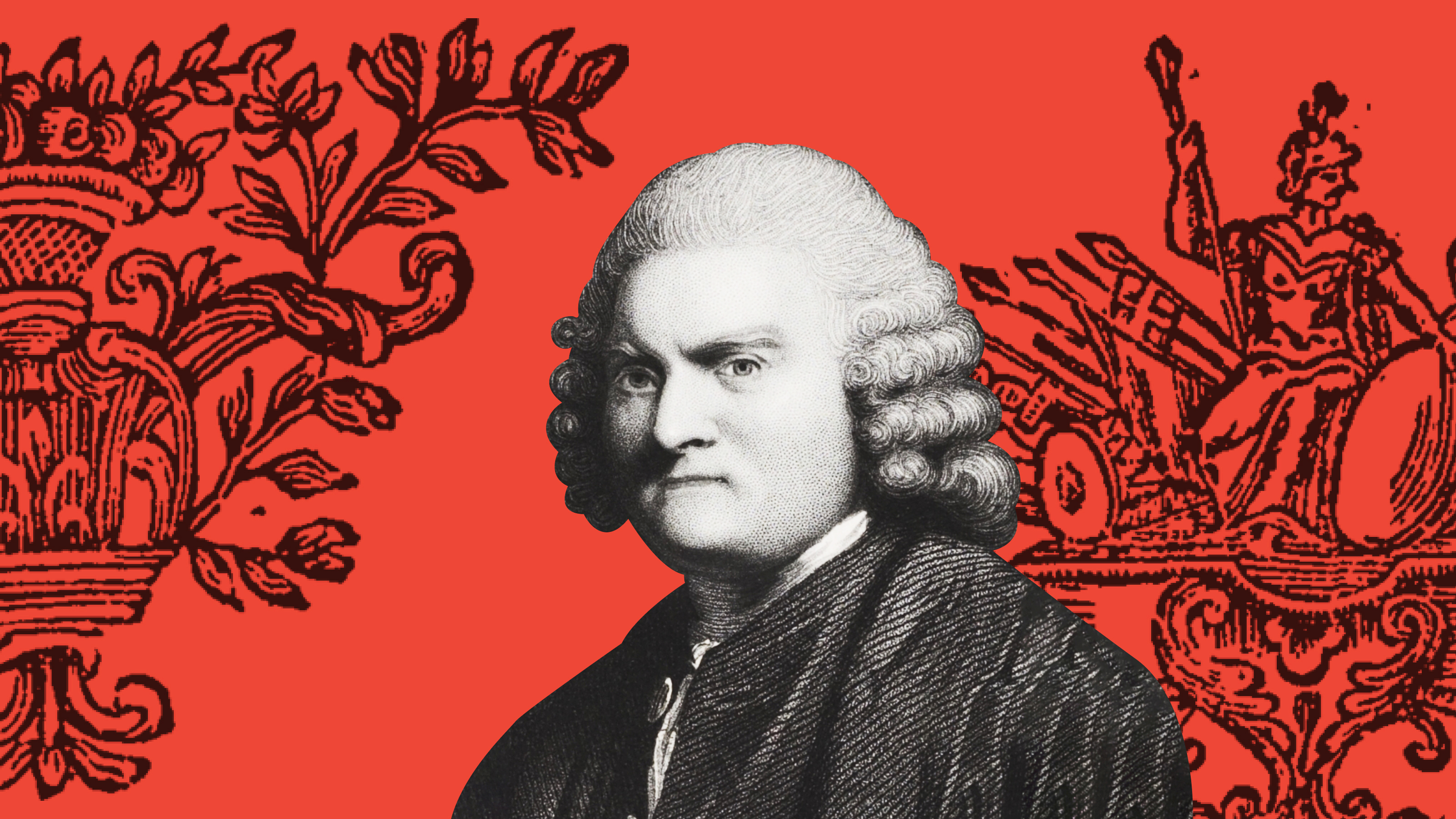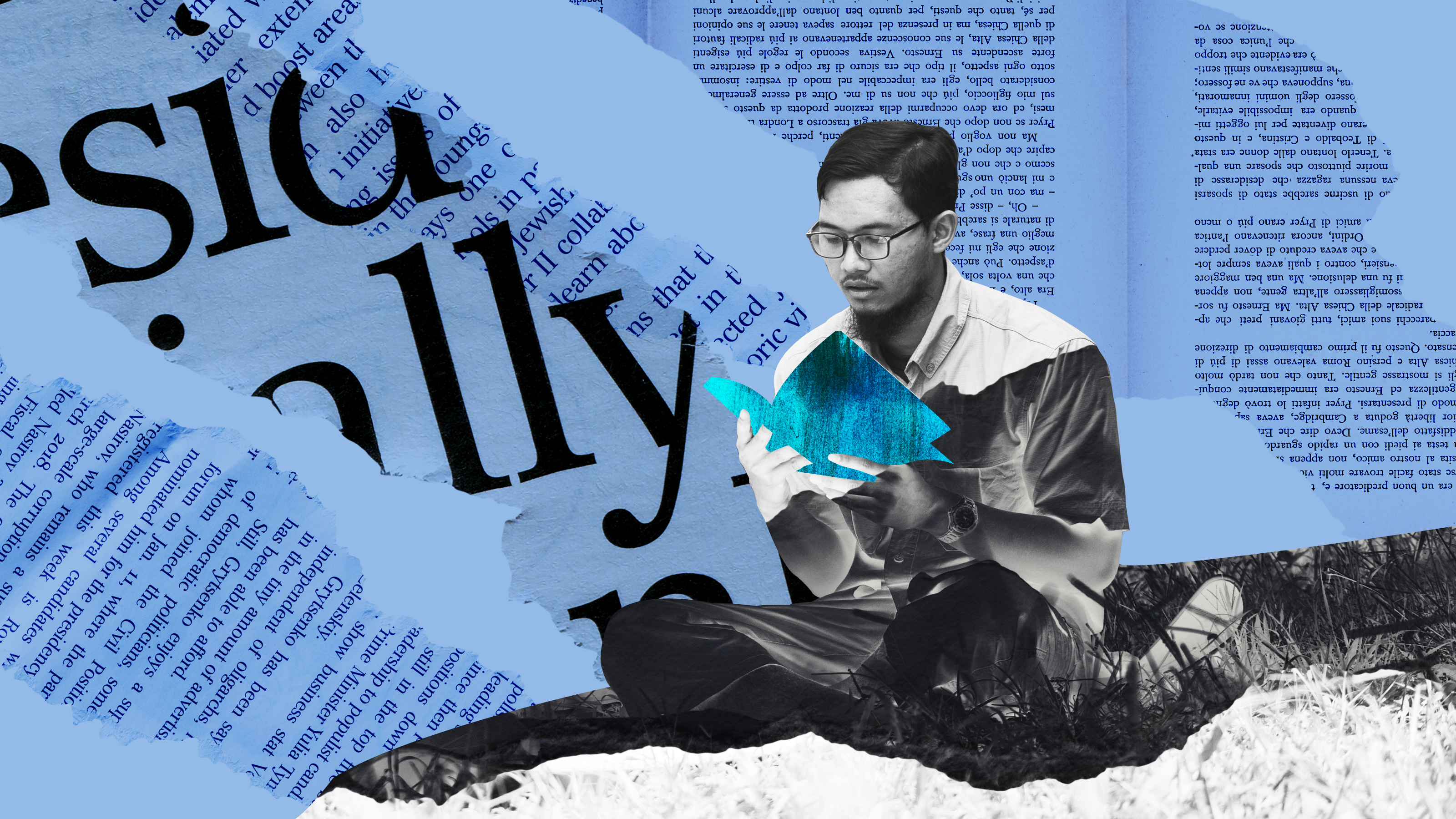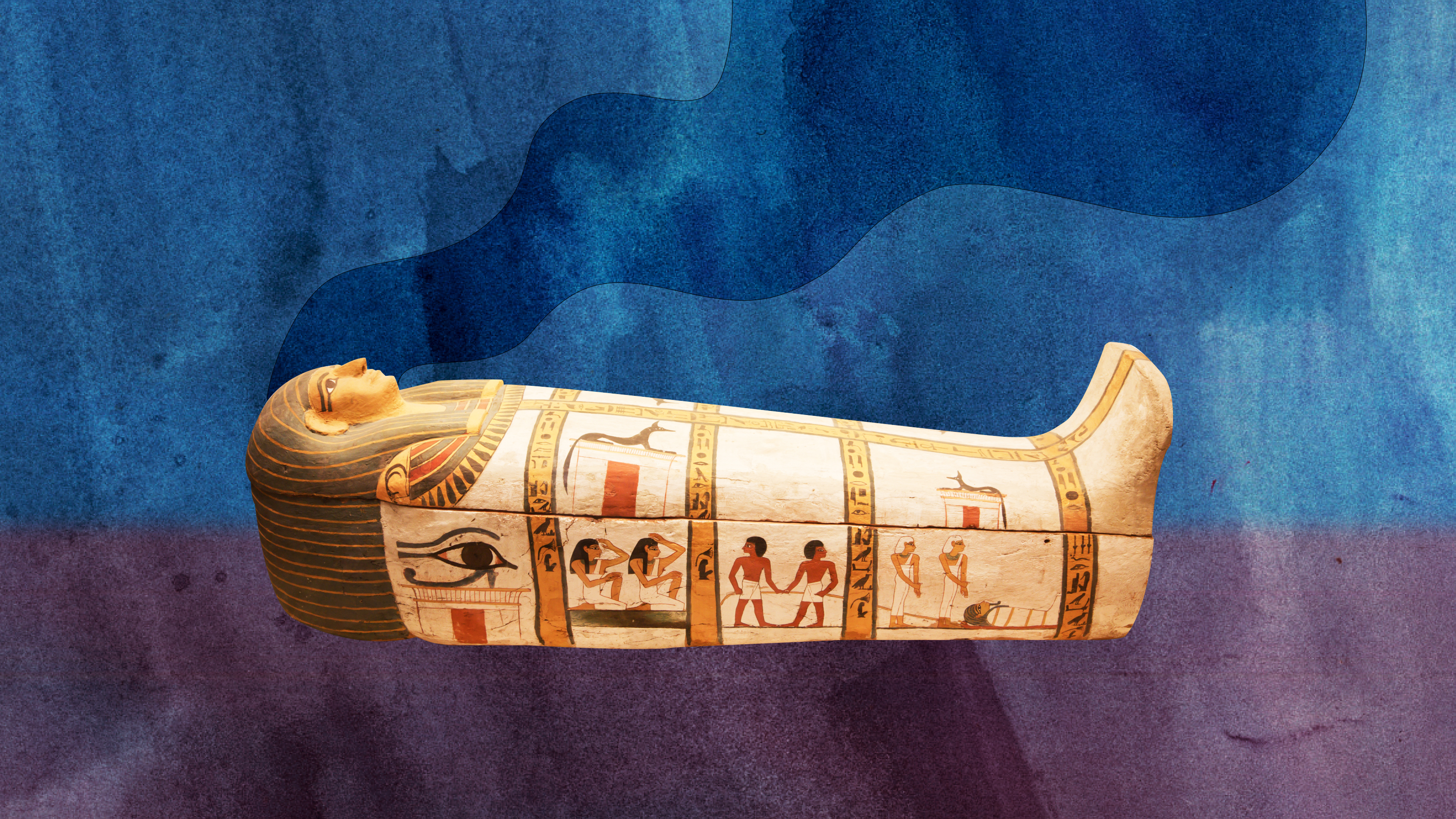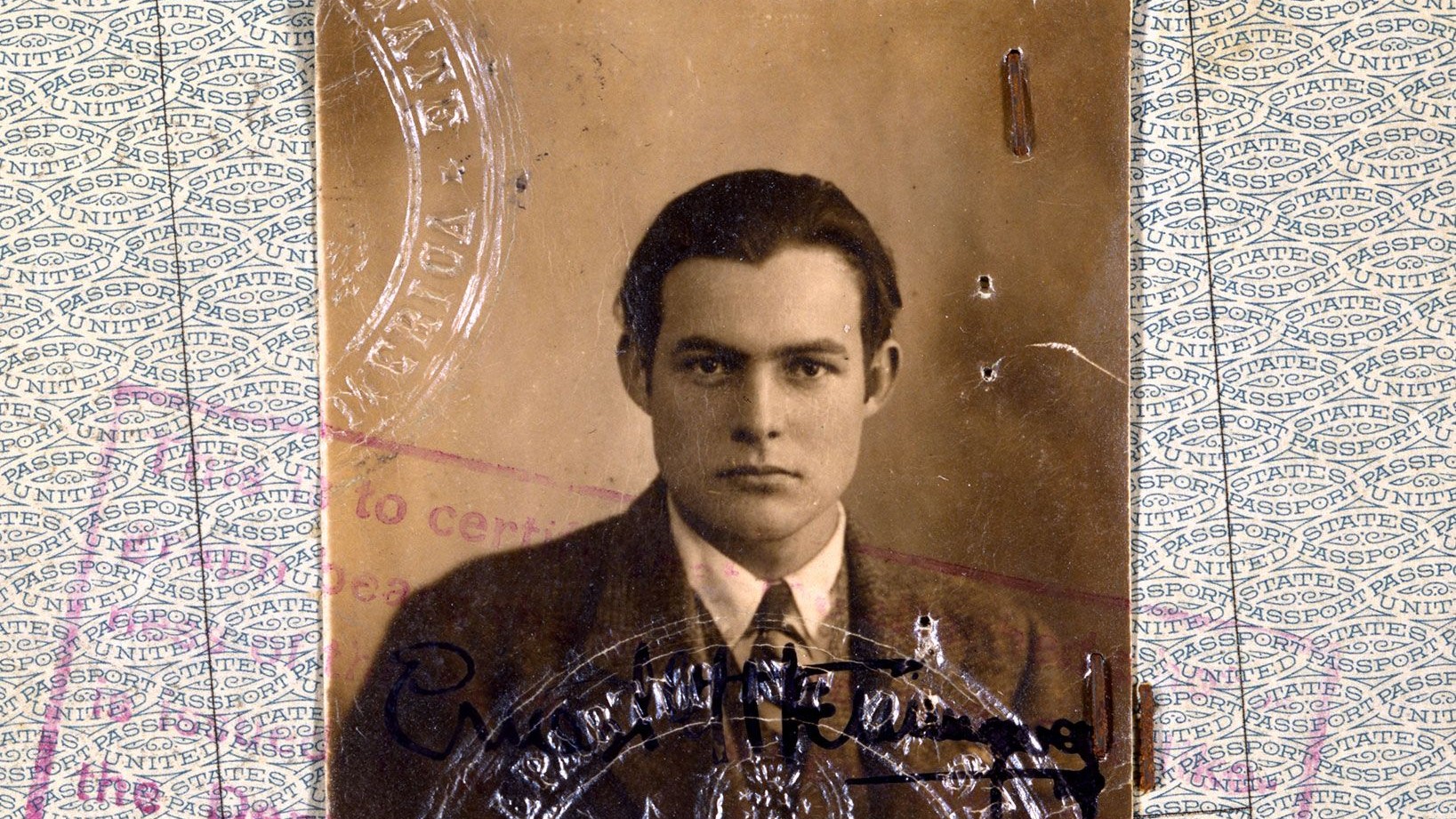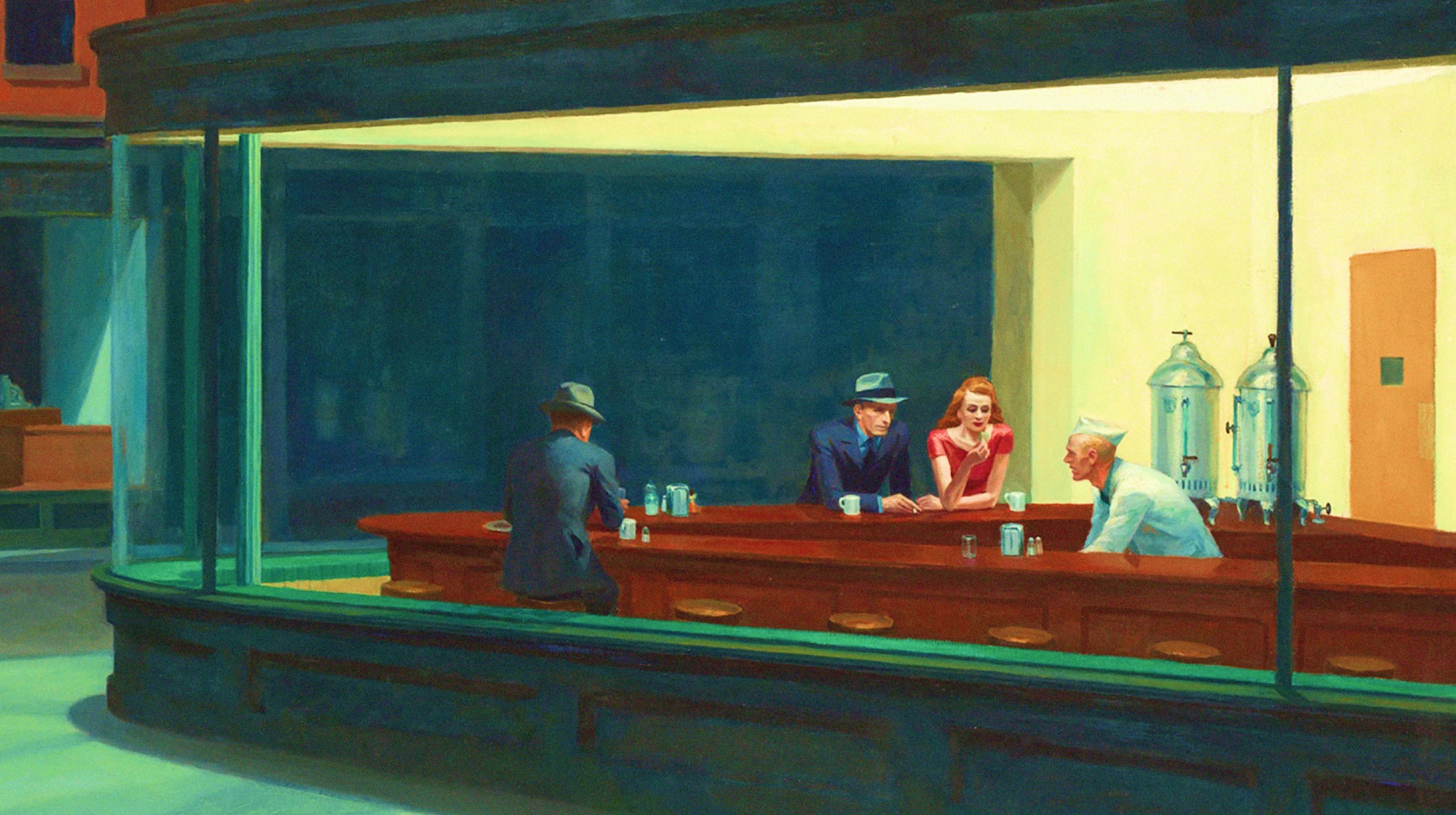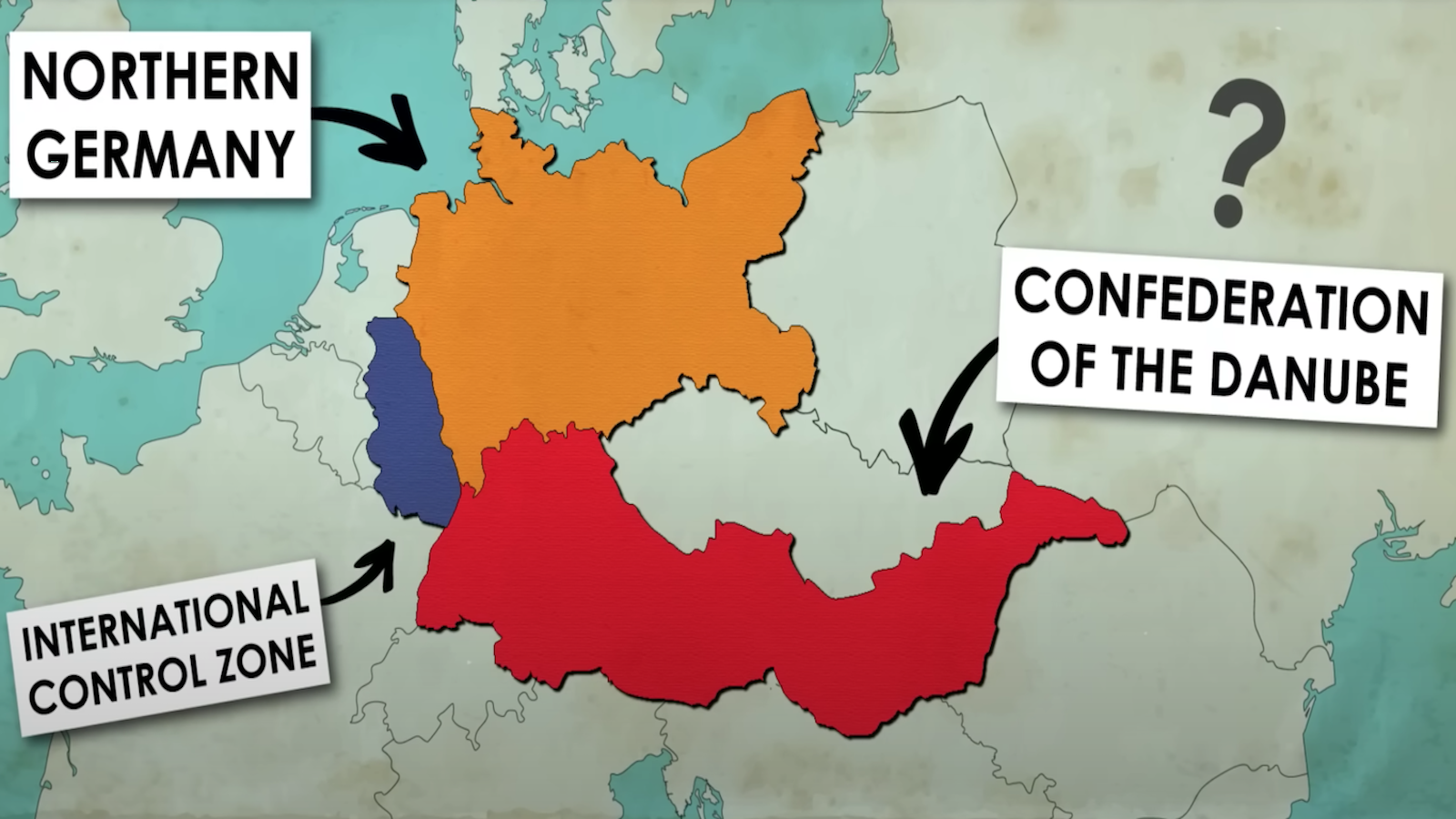history
Plato, Sun Tzu, and Buddha all lived in a “golden age” of philosophy that laid the foundation of modern thought.
Evolutionary pressures drove the formation of tribes who encoded their values in myths and symbols. Was this cooperation cursed?
Before Constantine received his history-defining vision, a pagan Sun god paved the way for Jesus Christ’s triumphal entry into the Eternal City.
Would you confess your crimes to a skeleton with “an unnatural ghastly glow”? One inventor thought you would.
Memory, responsibility, and mental maturity have long been difficult to describe objectively, but neuroscientists are starting to detect patterns. Coming soon to a courtroom near you?
In a time when we dislike and distrust our politicians, why can’t we get more popular leaders like Kim Jong Un and Bashar al-Assad?
Mansa Musa, perhaps history’s richest man, claims he ascended the throne of Mali after his predecessor sailed west and never came back. Could he have made it to the New World?
Desperate times call for desperate measures.
Soviet censorship was thorough yet fallible.
But make sure you bring the fossegrim the proper offering—or else.
500 sheep were slaughtered to produce the 2,060 pages of the “Codex Amiatinus,” a Latin translation of the Bible.
Large language models are an impressive advance in AI, but we are far away from achieving human-level capabilities.
“Who is the aggressor?” That depends on which of these maps you believe.
Let us share this miracle with mothers in poor countries.
Man does not live by measurement alone.
The Source Family, a radical 1970s utopian commune, still impacts what we eat today.
“The Man in the High Castle” may be the most beloved alternate history book, but it is not the most historically accurate.
The chances that a newborn survives childhood have increased from 50% to 96% globally.
In “The History of Western Philosophy,” Bertrand Russell made it clear whose thinking he admired — and whose thinking he didn’t.
His greatest speeches were loaded with empathy.
Glimpse into the ancient Maya empire through the writing of its own inhabitants.
These composers channeled the horror of the Holocaust and Hiroshima while honoring those who lived through it.
As a physician, John Pringle helped reinvent hygiene; as a husband, he destroyed a woman’s life with his abuse.
Billy was a local celebrity in the early 1900s. And he might have been a murderer.
Reading classic books can inform you as much about the present as the past.
To protect yourself, you need an antifungal rather than an amulet.
Piano Sonata No. 23 offers a window into the way culture became an instrument of Soviet state policy.
Not every classic enjoyed rave reviews from the start.
How humans came to feel comfortable among strangers, like those in a café, is an under-explored mystery.
Here’s what Europe would have looked like if the Confederation of the Danube had been established after WWII.
